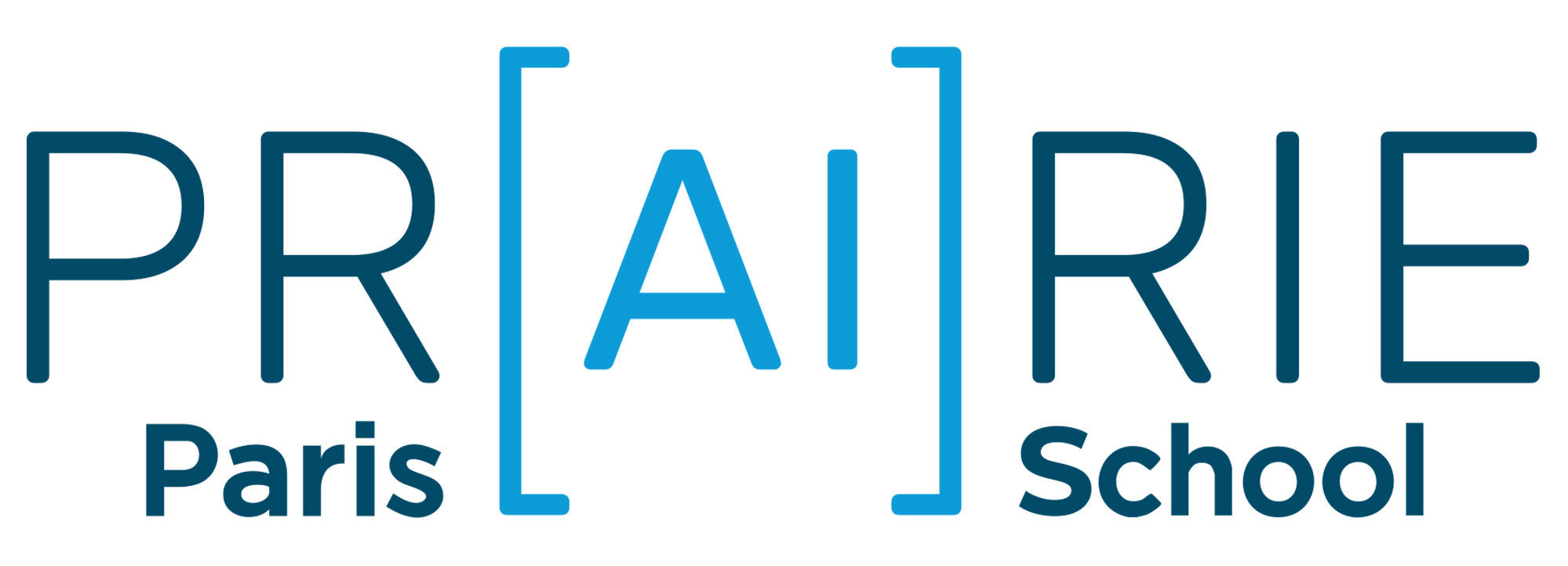Justine Cassell investigates the role that the ECA can play in children’s lives, as a virtual peer support for learning.
Invisible companions are closely related to a child’s environment, and most results from psychological studies agree that imaginary friends perform a positive function and promote children’s development.
“With imaginary friends, there is no scenario, the child’s imagination is not limited. This greatly helps them develop their creativity and build their ideal interlocutor, someone who is always there to listen to them. In my lab, we develop our virtual peers in such a way that it is difficult to gender them (boy or girl). We do this on purpose, so that the children can project onto themselves their own idea of who they want to talk to. So virtual peers play a bit of the role of a virtual friend.” says Justine Cassell.
Read more about this fascinating work here.

